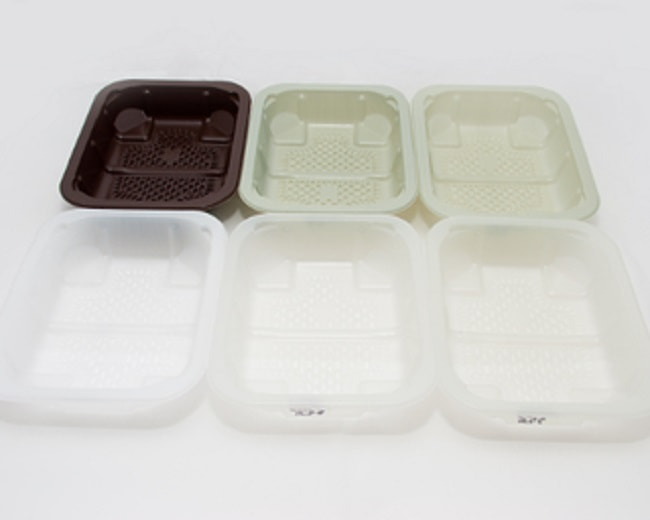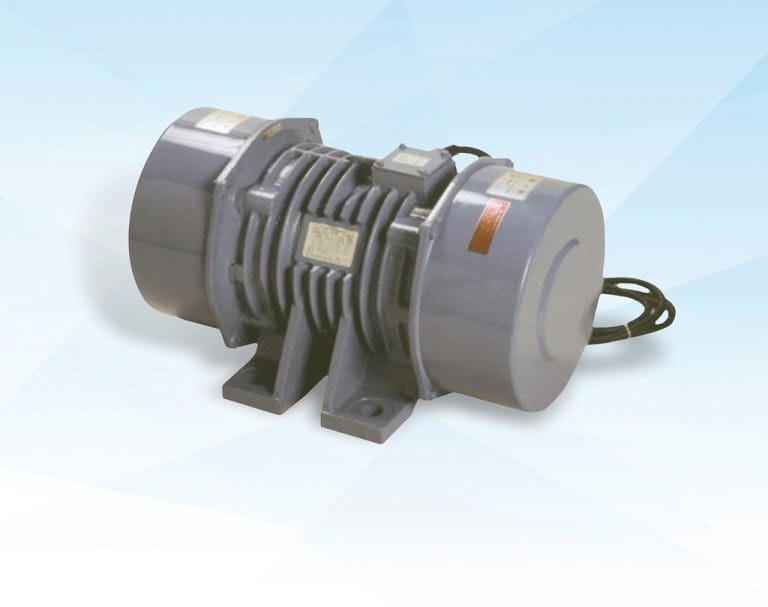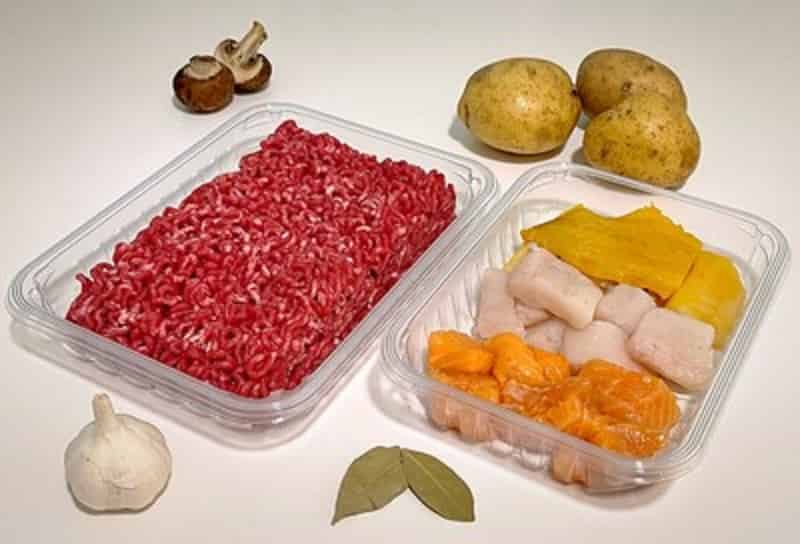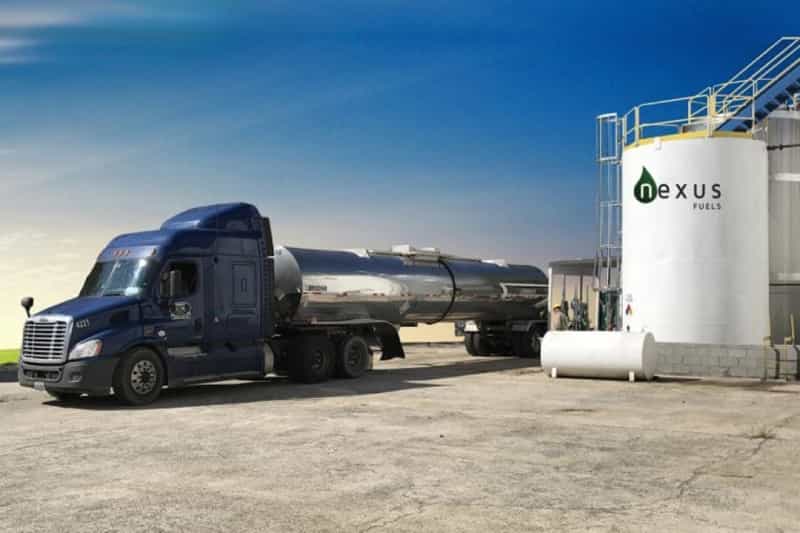MonoMaterial Recyclable Chemical recycling 13-01-2022 - Arhive
MonoMaterial Recyclable Chemical recycling
-INEOS joins NEXTLOOPP recycling project
INEOS Olefins & Polymers has joined the NEXTLOOPP project, a UK collaboration to create circular food-grade recycled polypropylene from post-consumer recycled packaging.
INEOS will be at the centre of an important two-year project that will inform the building of a demonstration plant in the UK to produce 10,000 tonnes per year of food-grade recycled polypropylene. MonoMaterial Recyclable Chemical recycling
From its manufacturing base in Grangemouth, Scotland, and extensive product and technical expertise across its European operations, INEOS will help tailor food-grade recycled polypropylene to the precise specification of converters by blending it with virgin polypropylene to modify its mechanical and processing properties. It will also introduce processing aids to help converters to meet the exacting requirements of brand owners. MonoMaterial Recyclable Chemical recycling
The project aims to validate the food-grade recycled polypropylene manufacturing process and its commercial viability, with the aim of receiving acceptance from the UK’s Food Standard Agency (FSA) and European equivalent (EFSA).
Graham MacLennan, Polymer Business Manager INEOS O&P UK, said: “Polypropylene is one of the most versatile plastics in the world – it is also missing from our recycling streams in food contact applications. In the UK alone we use over 210,000 tonnes of PP in our food packaging every year. It is found in pots, tubs and trays. However, the absence of food-grade recycled polypropylene means that all PP food packaging is currently made from virgin plastics. This isn’t unique to the UK but a large global issue that INEOS and its partners are determined to change.”
Professor Edward Kosior, founder and CEO of Nextek Ltd and NEXTLOOPP, added: “We are delighted to welcome the participation of INEOS in helping recycle PP food packaging. INEOS’ commitment to reducing the world’s reliance on virgin plastics and closing the loop on such a prolific polymer as food-grade PP will help create a more circular economy, reduce CO2 emissions and create new materials for brand owners.

-Sophisticated system controls and rotary electric vibrators designed for recycling applications
Maximizing productivity is a continuous concern for recycling operations, and the right control system can reduce headaches and streamline processes. The panel-building department at Best Process Solutions delivers quality controls with seamless integration into an existing system, or custom-designed for a complete recycling line from beginning to end. MonoMaterial Recyclable Chemical recycling
According to BPS, recycling controls need to be as durable as the equipment they operate, so these systems are designed to run with some of the most advanced networking technologies, from suppliers including Rockwell Automation, Siemens and ABB. MonoMaterial Recyclable Chemical recycling
BPS container control systems are a unique offering, specifically relevant for recycling operations, with panel systems built to withstand outdoor conditions. Also available, recycling control panels for existing pieces of OEM equipment or systems.
Rotary electric vibrators designed to deliver long life and performance
A full line of heavy-duty rotary-electric vibrators and drives are also available from BPS, designed for bins, hoppers, chutes, screeners, vibratory feeders, conveyors, tables and other vibratory applications. All units provide continuous maximum-force operation—from 30 lbs. to more than 40,000 lbs.
These dust-tight, splash-proof motors provide excellent field performance in harsh environments including dirt, rain and snow, with heavy-duty construction—including ductile-iron castings, steel end covers and high-alloy fasteners—assuring long life.

-Toyo Styrene begins construction phase of chemical recycling facility in Japan
The site will use Agilyx technology to chemically recycle polystyrene scrap.
Agilyx, Tigard, Oregon, and Toyo Styrene Co. Ltd., an affiliate of Denka Co. Ltd., Nippon Steel Chemical & Material Co. Ltd. and Daicel Co. Ltd., have announced that the construction phase has begun on a 10-ton-per-day chemical recycling facility in Japan that uses depolymerization technology from Agilyx.
The recycling plant will convert postuse polystyrene (PS) into a styrene monomer that will be purified using Toyo Styrene’s proprietary purification process. Styrene monomer produced from this process can then be converted into PS products with a significantly lower carbon footprint than similar products made with virgin monomer, according to a news release from Agilyx. MonoMaterial Recyclable Chemical recycling
“As the first step toward the circular economy, we will construct a chemical recycling plant for this project, collect postindustrial materials for the time being and start a chemical recycling business,” Sanshiro Matsushita, president of Toyo Styrene, says. “Furthermore, in order to build a carbon-free society through chemical recycling in Japan, we are also planning to participate in a platform that integrates citizens, businesses and local government, which is being undertaken by Ichihara City, Chiba prefecture.” MonoMaterial Recyclable Chemical recycling
“The decision to move into the final stages of this project is a big accomplishment for the members of Agilyx and Toyo Styrene, who have worked tirelessly to bring us to this point,” says Tim Stedman, CEO of Agilyx.
“We are very proud of their efforts and excited for the opportunity to bring our proven advanced recycling technology into the Asian markets to help improve the availability of recycled plastic content and increase global plastic recycling through circular pathways.”

-Petainer embraces environmental transparency by disclosing through CDP
London January 2022: Petainer has announced that it has furthered its commitment to environmental transparency by disclosing its environmental impact through CDP, a global non-profit organisation that runs the world’s leading environmental disclosure platform. Petainer has disclosed through CDP for the first time this year having completed CDP’s Carbon Disclosure Project questionnaire.
Disclosing data around environmental impact is now a business norm; in 2021, over 13,000 companies worth over 64% of global market capitalization disclosed their environmental data through CDP, an increase of 37% since 2020. More than 590 investors with US$110 trillion in assets and 200 purchasing organizations representing US$4 trillion spend have requested environmental data from companies through CDP.MonoMaterial Recyclable Chemical recycling
By disclosing, Petainer is prepared to handle the increasing demand for environmental transparency from investors, customers and policymakers.
In its disclosure, Petainer shared the results of the first 3 years of its carbon emissions reduction program, with data reported from as far back as 2018. Petainer are delighted to report a 40% gross reduction in total CO2 emissions in 2022 vs 2018 and a 25% reduction of total emissions in CO2 per kg of resin purchased.
This was achieved by strategies to reduce emissions across scope 1, 2 and 3 emissions. Petainer has been on the front foot, decarbonising its operations from 2018 by moving to renewable energy in its major plants, reducing scope 2 emissions by 92% since 2018. MonoMaterial Recyclable Chemical recycling
Ahead of the EU directive legislating for 25% recycled material in plastic products, Petainer has been supporting customers to reach up to 100% recycled PET (rPET). Incorporating rPET is an effective way of reducing carbon emissions, delivering a reduction of up to 79% in carbon footprint compared to virgin PET. By helping customers incorporate rPET, it also has a positive impact on Petainer’s carbon footprint, reducing the indirect emissions from purchased goods. 19% of all PET resin used across Petainer sites in 2020 was recycled PET, rising to 36% in 2021, a very encouraging sign that customers are seeing the benefits for themselves and for sustainability.

-Waddington Europe Launches Pioneering Mono-Material Recyclable Meat Tray
Novolex division introduces a new tray for meat, fish and poultry products that doesn’t require a polyethylene layer or adhesive coating
Leading European thermoforming packaging specialist Waddington® Europe, a division of Novolex®, has introduced an innovative recyclable tray for meat, fish and poultry products.
Waddington Europe, a division of Novolex, has unveiled an innovative recyclable tray for meat, fish and poultry products. Called Piranha, the container is sealed using a series of raised teeth that run around the sealing flange. These raised teeth maintain the seal’s integrity even if the flange becomes contaminated by animal fat, which can interfere with closure on traditional packaging. MonoMaterial Recyclable Chemical recycling
As a mono-material package, the new Piranha tray is capable of being fully recycled. The container can also be made with up to 100% recycled PET (rPET) and is Plastic Tax compliant in the U.K. To learn more about Waddington Europe and its packaging solutions, visit www.waddingtoneurope.com.
The container, called Piranha™, is sealed using a series of raised teeth that run around the sealing flange instead of applying a layer of polyethylene or adhesive, which are typically used to seal the lid of modified atmosphere packaging (MAP). The raised teeth maintain the seal’s integrity even if the flange becomes contaminated by animal fat, which can interfere with closure on traditional packaging for meat, fish and poultry (MFP) products.
With Piranha, greasy contaminants are forced into the channels between the raised teeth, leaving the peaks clear and clean to contact the PET top web. Under the same sealing temperatures and dwell time, the top web adheres to the peaks, creating the seal despite the presence of contaminants. During filling-line trials of Piranha, the problem of burst seals due to grease contamination on mono-rPET sealing was cut to almost zero. MonoMaterial Recyclable Chemical recycling
As a mono-material package, the tray is capable of being fully recycled. Piranha can also be made with up to 100% recycled PET (rPET) and is Plastic Tax compliant in the U.K.

-Printpack invests in recycling technology company
Recycling technology company Nexus Circular received an investment from Printpack, a manufacturer of flexible and specialty rigid packaging, as part of a larger round of private funding. Terms of the investment were not disclosed.
Atlanta-based Nexus diverts and economically converts landfill-bound plastic into hydrocarbon feedstocks, which are used by partners to produce virgin resins. Printpack plans to produce sustainable packaging solutions from these recycled resins once the supply chain is fully implemented. MonoMaterial Recyclable Chemical recycling
The investment underscores the importance of advanced recycling in preventing plastic pollution, said Jimmy Love, chairman and chief executive officer of Printpack, which works with consumer packaged goods companies to develop and commercialize more sustainable packaging materials.
“This is an important opportunity for Printpack to deliver on our commitment to sustainability in packaging and accelerate the commercialization of a truly circular process for plastics waste,” he said. “Nexus Circular has developed and proven a technology capable of being scaled up, and we are committed to helping them do so.”
Nexus’ proprietary process can handle a broad array of hard-to-recycle films, expanding the scope of used plastics that can economically be converted back into virgin materials. It already has diverted more than 4.5 million lbs of used plastic from landfills, according to the company. MonoMaterial Recyclable Chemical recycling

MonoMaterial Recyclable Chemical recycling
